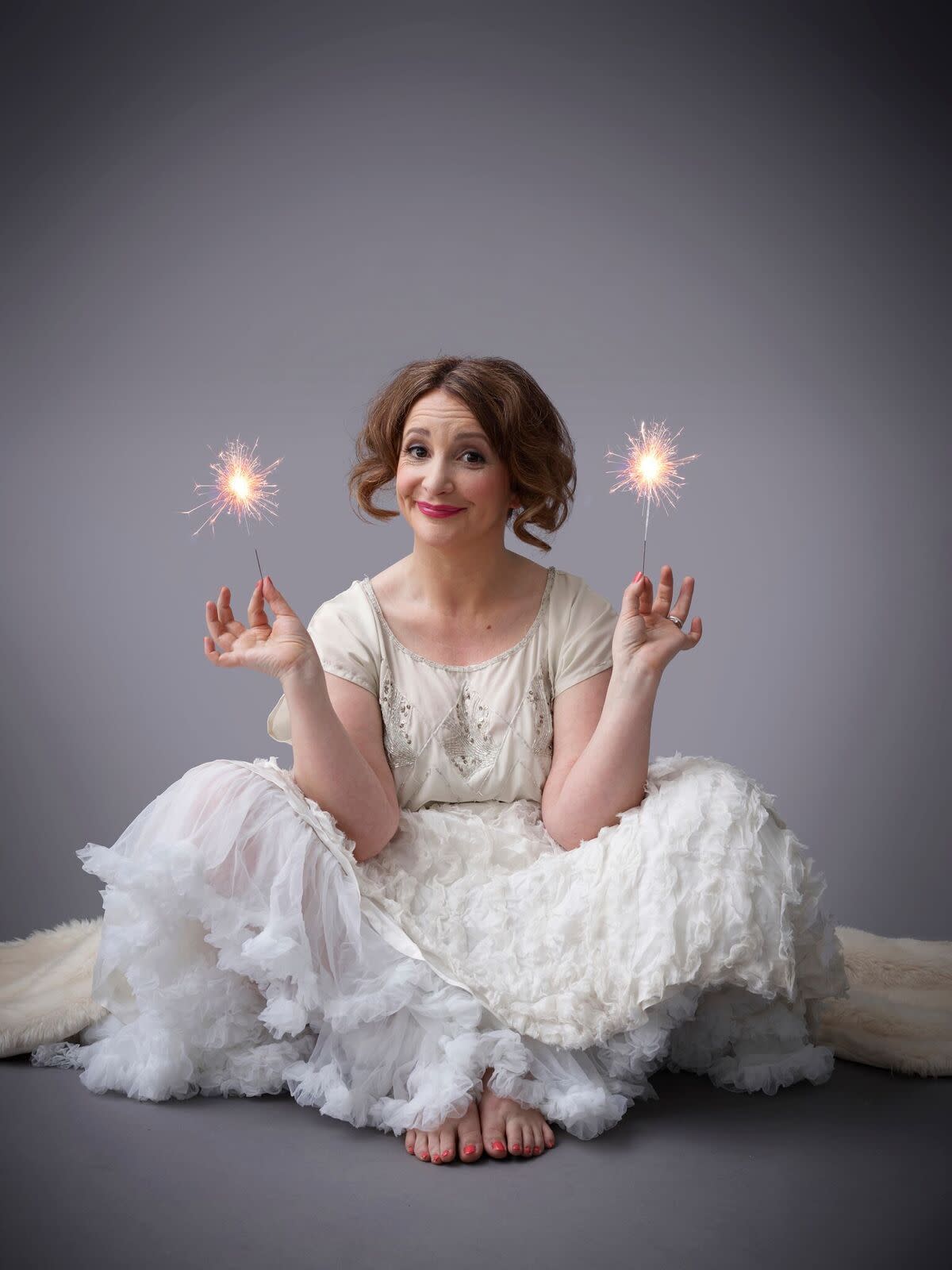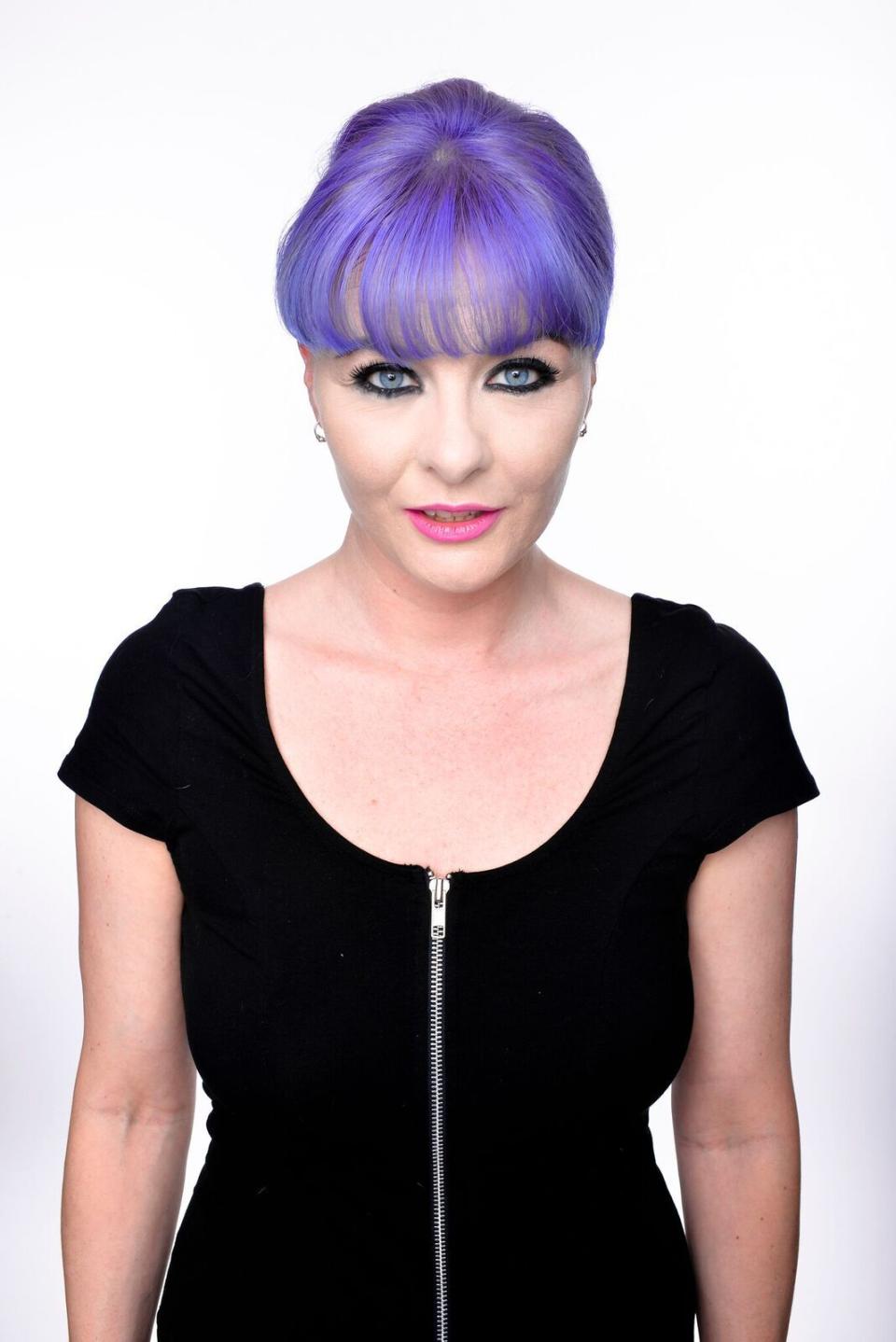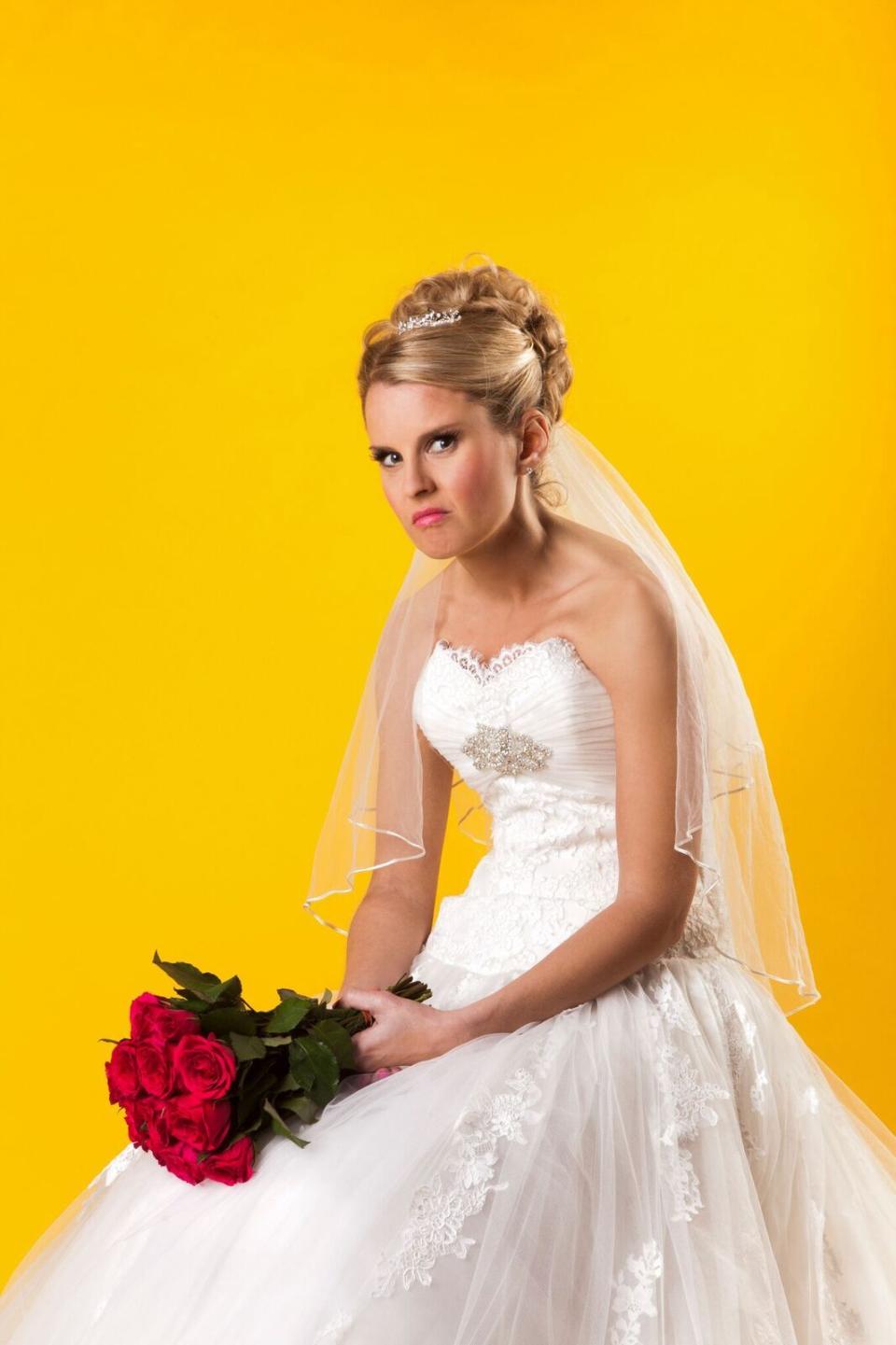Funny Girls: Edinburgh Fringe Festival’s Female Performers Talk Gender And Comedy

[Photo: Lucy Porter]
Happily, this year’s Edinburgh Fringe Festival guide is awash with female talent. However, with roughly just 25% of comedy on TV coming from women, the efforts that the fairer sex are making to balance the comedic scales are taking a while to translate. While things are improving, certainly, it’s still an uphill struggle.
So, what is like to work in a severely underrepresented industry? We sat down with five female comedians on the Fringe’s programme to find out why women struggle to be heard in the comedy circle and what it’s really like when you’re the only girl on the bill.
“We recently gigged with Bobby Davro who mistook our pianist for the comedian and us for his groupies,” sketch duo Norris and Parker, in town to promote their show ‘See You At The Gallows’, tell us, saying that often women struggle be judged as individuals.

[Photo: Norris And Parker]
“The industry is tough regardless of gender. However, we do think that when a male comic performs he is judged in his own right and a female suddenly becomes the representative of all women in comedy.
“So, if she does well or badly it can lead to comments such as, ‘I don’t normally like female comics but YOU were great!’ or ‘I knew women weren’t funny. Never again’.”

[Photo: Lucy Porter]
‘Mock the Week’ regular Lucy Porter, taking a break from her show ‘Consequences’, admits she used to share similar worries when starting out.
“Early on in my career, I would quite often be the only woman on the bill, and I did sometimes worry that audiences were judging all women in comedy on the strength of my performance. Now there’s usually at least two female acts on a comedy club bill,” she says, adding:
“But as I got older I realised that the only people who have a problem with women doing comedy are dickheads anyway, so I wish I hadn’t bothered worrying at the time.”
Samantha Pressdee, founder of the Free The Nipple campaigstand up show ‘Sextremist’, is honest about feeling self conscious on stage.
“I think it’s getting better but I think women are judged by audiences more harshly than men. You can literally see some people just switch off when a female takes the stage, or people focus on what I look like and not what I’m saying,”

[Photo: Samantha Pressdee]
“If I can see the audience I can see it in their faces and body language that I have to work harder to prove myself,” she told us.
Former journalist turned comedian, Julliette Burton is also aware of the tendency to group all female comics together.
“If someone thinks they “don’t like female comedians” they need to see more comedy. Men can be crap at comedy, women can be crap at comedy,”
“Just because they have dangly bits between their legs doesn’t mean they’ve got better jokes,” the ‘Decision Time’ comedian says, adding:
“I’m a person, whatever my genitalia. Sure some comedy venues tend to only book men; they also tend to be the venues that only book middle class, white men with roughly the same perspective on the world.”

[Photo: Juliette Burton]
Anna Morris, who’s in the Scottish city with her show I’t’s Got To Be Perfect’, thinks it’s time that commissioners in the UK take some inspiration from across the pond.
“UK sitcoms seem to be quite male led, with women playing the token female roles. While in America there are loads of strong female led comedies such as Veep, Amy Schumer’s show and Girls - I think we need to catch-up a little!” she says.

[Photo: Anna Morris]
But Juliette reckons that things are changing, even if it is a bit of an uphill battle.
“The tide is turning and especially at Edinburgh Fringe if you want to see fabulous comedians of all genders and non-genders,”
“It starts there and trickles down to comedy clubs, television, panel shows. More women could be represented in those other areas but somewhere grassroots like Edinburgh Fringe it’s already happened.”
“The best part is doing a job I adore. The worst part is being repeatedly asked ‘what it’s like to be a female comic’. As my friend Bec Hill says, ‘Being a female comic is exactly the same as being a male comic except you get asked that question a lot more’.”
Like in any industry, gender should be a non issue and to the women we spoke to, it already is.
“The best and worst part about being a female comic is much the same as a male comic, apart from the baldness and the penis insecurity,” Parker of Norris and Parker jokes.
TV execs take note.
All shows will be on for the month of August at venues across Edinburgh.


